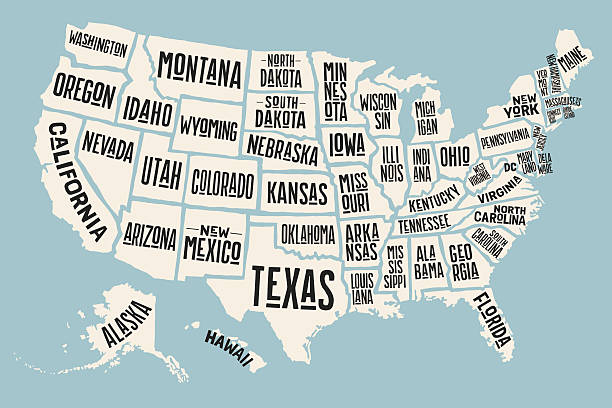Missed a deadline? Don’t compound the issue and risk a penalty, print and file forms as soon as possible and efile in order to be able to exhibit “Good Faith” and explain your reason for not meeting the deadlines. Need Help? Give us a call.
The IRS has, as in the past, come out with a little breathing room for employers required to prepare ACA Forms. In Notice 2019-63, the IRS provided additional reporting relief for employers for the 2019 calendar year.:
- The due date for providing Forms 1095-C or 1095-B to employees and individuals is extended 30 days to March 2, 2020..
- The deadline for filing the forms with the IRS HAS NOT BEEN EXTENDED
o Filing by paper must submit their forms to the IRS by February 28, 2020.
o Those filing electronically have until March 31, 2020. Entities filing more than 250 of these reporting forms are required to file electronically.
o Request for the additional 30-day extension beyond these deadlines to file with theIRS can be done via Form 8809..if filed before the deadline.
- Good faith penalty relief is also extended for the 2019 forms.
o Employers who act in good faith to complete the forms will not be assessed penalties due to missing or inaccurate information.
-
-
- This relief only applies to the information on the Form.
- The relief does not apply to missing the DEADLINES for providing or filing the forms. BenefitScape has seen extensive penalties for ‘Late Filing’ and has found these penalties hard to escape!
- Additionally, employers can forfeit this relief if they miss the extended deadline for furnishing the forms to individuals or file the forms late with the IRS. Since most filings will incur TIN Errors, timeliness is important to rely on this much needed good faith relief.
-
- What does the IRS consider good faith?
o The IRS will consider whether the employer exercised reasonable efforts to prepare for the reporting requirements, such as identifying, gathering and transmitting the Forms and data to all the appropriate parties (employees and the IRS).
o BenefitScape has prepared several reports for employers to substantiate their good effort. A third-party expert opinion can go a long way.
- Possible additional relief (see below for details) for employers and some coverage providers.
- Notably, this late relief does not apply to self-funded employers who report coverage taken by full-time employees on Part III of the Form 1095-C. Therefore, that reporting is still required for full-time employees.
- The special requirements to take advantage of the relief, requires too much communication and many employers will likely find that the software effort involved in separating out the population of non-full-time employees, COBRA, covered retirees on the plan is just not worth the effort. Further, Individual mandate requirements in New Jersey and D.C complicate the filing as well.
-
- Observation: BenefitScape does not see this limited relief as a benefit to employers and will recommend that it be ignored for TY2019.
Just what additional relief is being offered?
o The IRS recognizing the individual penalty for not having health insurance is reduced to $0, the IRS noted that individuals do not need to report whether they had coverage or not. This may be true at the Federal level but not so in New Jersey, D.C. and other states to follow.
o IRS is giving coverage providers (like insurance carriers, TPA’s etc.) a limited pass on providing the 1095-B statements to individuals (filing with the IRS is still required). To get the relief providers to post a notice on its website that the form is available on request and has to provide the form within 30 days of a request.
BenefitScape can provide the website required by the IRS, efile the reports and save your organization the cost of form printing, postage, sorting return addresses etc.. Contact us.
o Self-funded employers can use this relief if they are reporting on any employees who were not full-time for any part of 2019, such as covered part-time employees, covered retirees, or COBRA beneficiaries.
The Bottom Line
The deadline extension and good faith relief will help BenefitScape and our clients, the only way to do so is to make sure the forms are distributed and filed on time. Often the penalty for missing the deadline is sent several years after the filing, an unwanted surprise. As we noted earlier, the limited relief for furnishing forms to individuals who were not full-time employees is most likely not worth the time and effort, especially this late in the process.
What is worth while is for B Form filers to consider taking the relief. BenefitScape can provide the website required by the IRS, efile the reports and save your organization the cost of form printing, postage, sorting return addresses etc.. Contact us.



